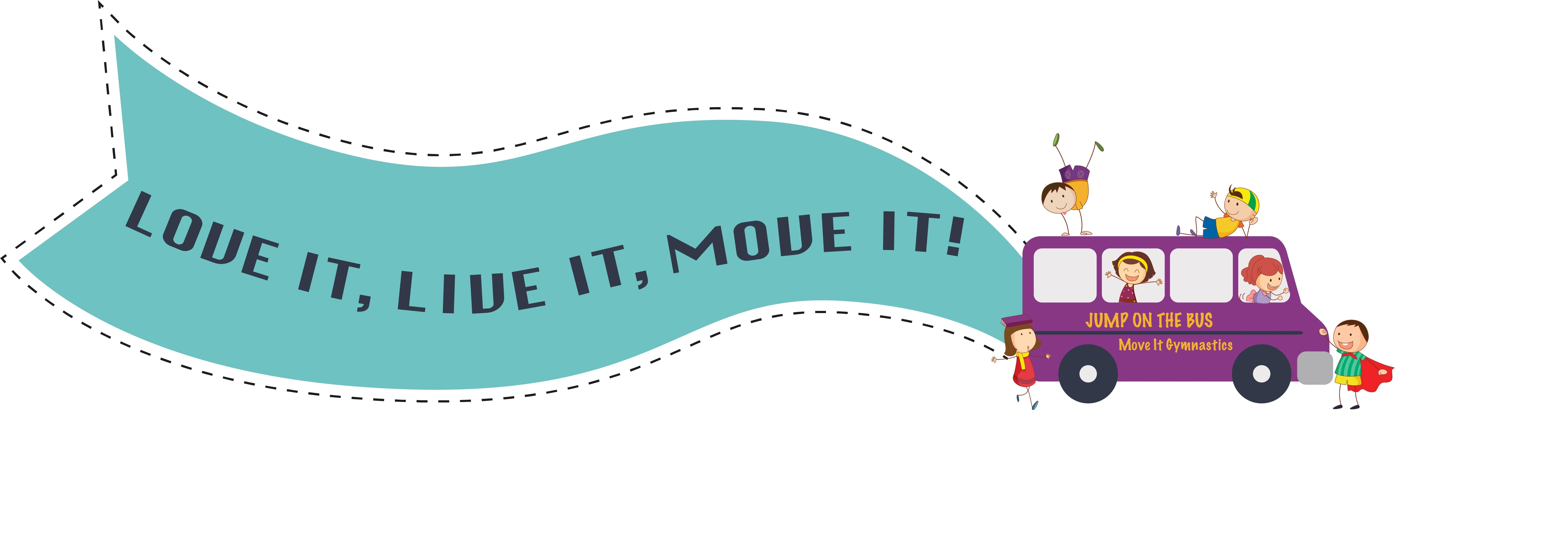
The Benefits of Dance: Beyond Just Fun and Fitness
Discover dance's role in enhancing kids' emotional, cognitive, and physical growth, promoting not just fun but holistic development. It's a journey of self-expression, creativity, and healthy living for every child.
Read more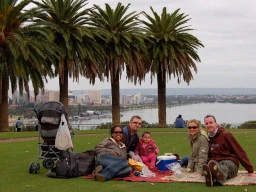
National parks in the Perth region
Enjoy the weekends and school holidays immersed in nature! Get back in touch with nature and discover the stunning sceneries that the Perth has to offer. The region is known for its outdoor lifestyle, that’s why visiting the national parks here should be at the top of your “activities for kids in Perth” list.
Read more
An Animal-Themed Party for Kids
Discover how to create a Wildlife Safari-themed party for children, featuring mobile animal farms, engaging activities, educational entertainment, and a stunning safari birthday cake.
Read more
Art For Kids
Foster your kids? creativity by introducing them to the world of art!<br><br>Art can be anything that is a product of creativity. It can refer to painting, pottery, and other visual media. For kids to achieve their minds' full potential, expose them to art!
Read more
Finding the Right Beat: How to Choose the Perfect Dance Class for Your Child
Discover how to choose the perfect dance class for your child, focusing on their interests, the quality of dance schools, and creating a supportive, enriching environment for young dancers to thrive.
Read more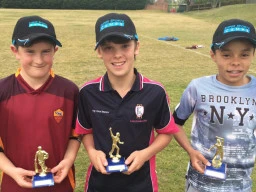
Australian Kids Need Active Parents
Australian kids need active parents according to this study which reveals what encourages children to be more sporty. This article includes some tips for parents and carers who want to encourage their kids to be more sporty.
Read more
What Age Should Your Child Start Swimming? Tips for Parents
Once kids hit the school-age range (6 to 8 years old), they've got the physical and mental capabilities to grasp more advanced swimming techniques.
Read more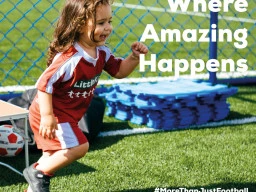
Children learn how to move with confidence
Throwing your 2 or 3 year old into a sporting activity and expecting them to participate fully and follow the rest of the group that have been doing the program for a few months .... it doesn't always work that way.
Read more
How to keep your kids fit during school holidays
There are many ways to keep your kids fit and healthy these school holidays, including creating a fitness plan for your kids or enrolling them in a sports camp. Read this article to access a fun fitness plan template for your kids!
Read more
Coach's Corner: How to Encourage and Motivate Young Athletes
Learn how to inspire and motivate young athletes in Little Athletics with tips from experienced coaches.
Read more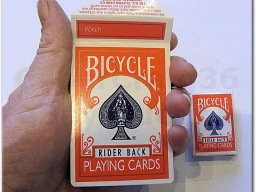
How to Prepare for a Magic Show - Part 1
The young < a href "https://www.activeactivities.com.au/directory/category/parties/party-entertainment-and-themes/magicians/"> magician </a>just starting out will no doubt feel the compulsion to string some tricks together and present them to an audience. He/she will need to know how to prepare for a Magic Show.
Read more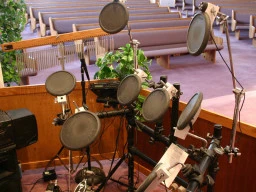
Percussions for Kids
Let your kids develop their sense of rhythm with percussion instruments!<br><br>Anything that can be struck or banged can be a percussion instrument - the only limit is your kid’s imagination!
Read more
Musical Instruments For Kids
Enhance your kid’s passion for the arts and music! Encourage them to play musical instruments!<br><br>Give your kids the gift of music as early possible. They can start by listening to their favourite songs and they can also sing along with it. They can then learn to play musical instruments. Attending music lessons helps cultivate many skills that they can apply in every aspect of their lives.
Read more
BENEFITS OF DANCE FOR PRE SCHOOL CHILDREN
A Happy Feet Dancer (21/2 to 51/2 years) enjoys imagination, music, movement and role playing. But what you can't see is the real magic - the development of the child's kinaesthetic learning and cognitive skills. Children learn through feelings and begin to build their library of experiences through their senses and start to draw on those experiences to make decisions. “A healthy body, healthy mind” is a proven fact!
Read more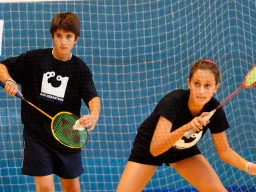
Badminton for kids in Sydney
Get your kids to smash their opponents in the Sydney region! Badminton was conceptualized by British military officers during the mid-18th century. The sport was introduced to Australia in the early 1900s, and Sydney Badminton Association handles all activities related to badminton within the Sydney region. With all the fun opportunities waiting for kids in Sydney, it's easy to get your kids to learn the sport!
Read more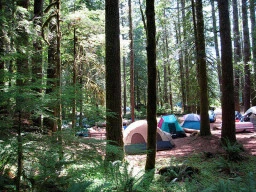
National Parks for kids in the Brisbane Region
Whether you’re in for a relaxing or an adventurous weekend, the national parks in the Brisbane region are perfect places for family bonding!<br /><br />Kids, being naturally active and energetic, always need to learn and experience something new, something exciting and will get them up and about. If you decide to take them to Brisbane in the weekends or spend the school holidays in Queensland, why not have some leisure time at the national parks?
Read more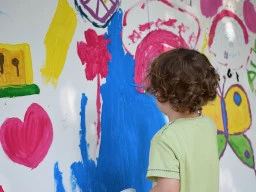
How to help children learn more through creativity
Our children are becoming less creative than those of a few decades ago and it could be affecting their ability to learn. Studies have shown the children’s creativity tends to decrease with age. Most notably from kindergarten to grade three.<br> Using imagination and creativity is vital to children’s individual mental health and this article shares how you can encourage your child to be more creative.
Read more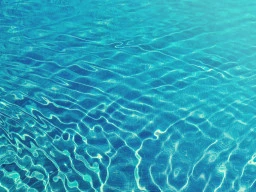
Dive In Early: The Benefits of Toddler Swimming Lessons
Early swimming lessons for toddlers in Australia offer a sea of benefits, from safety and confidence to physical and cognitive development.
Read more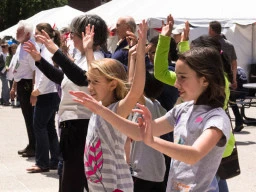
Tai Chi for kids
Get to know the martial art that is for both self-defence and for health and fitness! . It is important that parents get their children engaged to activities for kids that will not only benefit their physical health, but also their mental wellbeing. Tai Chi for kids can give your toddlers the health and fitness benefits they need!
Read more
How to prepare for Japanese Language Proficiency Test (JLPT)?
While there is no official guideline about the study hours you need to pass JLPT N5, there are some articles talking about it should be about 350-400 hours for people with Kanji knowledge and 325-600 hours if you do not have kanji knowledge.
Read more